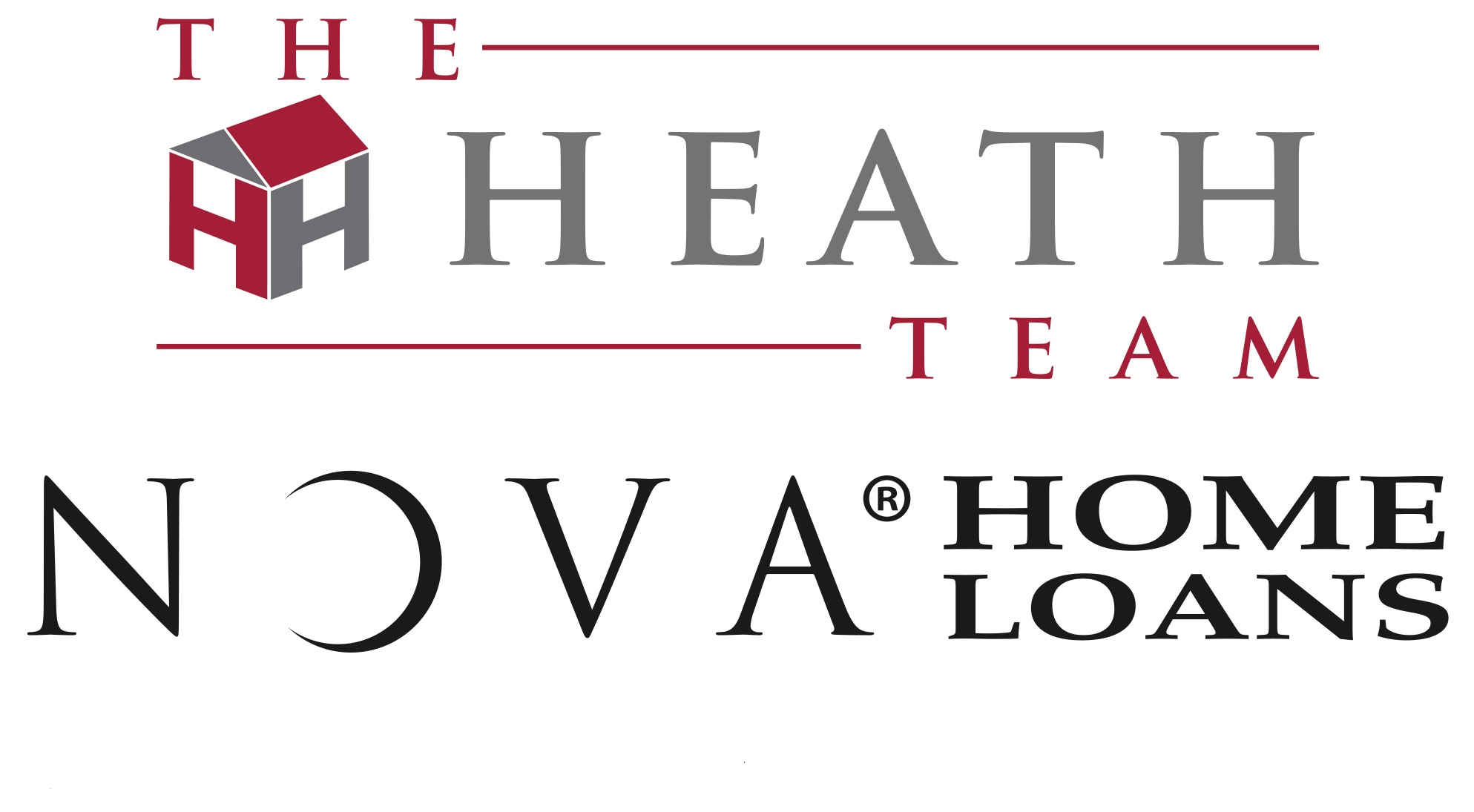Traditional lenders expected borrowers to pay at least 20% of the purchase price from their own funds. However, it’s become common for borrowers to put little or no money down if they qualify for mortgage insurance.
Mortgage Insurance
Mortgage insurance (MI) compensates lenders for losses from default on a mortgage loan. It works like any other insurance policy. A premium is paid based on the risk and if default occurs, the policy pays out a claim. Mortgage insurance is common on any loan in which the Loan-To-Value (the amount of the loan in relation to the value of the home) is greater than 80%.
Government loans, FHA, VA, and USDA offer low down payment options and carry with them a form of mortgage insurance. The VA loan has a lump-sum premium added to the loan so it does not come from the borrower at closing. FHA and USDA loans have both a financed, up-front premium and a monthly premium.
Conventional loans use Private Mortgage Insurance (PMI), which can be paid in a variety of ways. It can be paid by the borrower as a lump sum or in monthly installments. You can even have the lender pay the mortgage insurance, but the borrower will pay a higher interest rate for this type.
Please don’t misunderstand the insurance as a protection for you if you lose your job or become unable to make your payment. You can’t skip any payments because you purchased MI. It is set up to help borrowers put less money down and protect lenders from the increased risk. MI is only paid when a lender suffers loss due to default. The benefit of MI for a borrower is allowing a substantially lower down payment than what would normally be required. Lenders would require a 20% down payment on every loan were it not for this insurance.
Government loans have a set amount of insurance that is paid by every borrower, based on the terms of the loan. Private insurers rate the borrowers as well as the loan. A borrower with a 5% down payment will pay more for PMI than if he were to put 10% down. A borrower with a lower FICO score will pay more for the insurance than a borrower with a higher score getting the same loan product.
Currently, MI will cancel on a loan once the balance reaches 78% of the original sales price. There are some other conditions that apply so borrowers should check with their lender for specifics on their loan.






